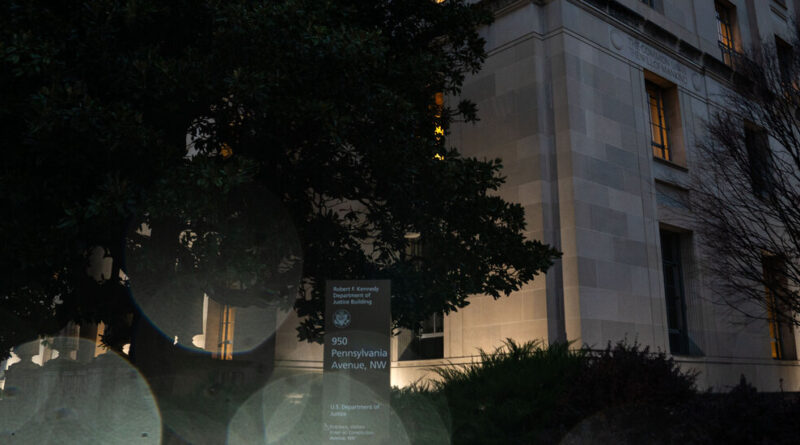Justice Dept. Cancels Entry-Level Job Offers in Honors Program
The Justice Department has abruptly rescinded job offers made to dozens of recent law school graduates who were to be placed in entry-level positions in its antitrust, criminal, civil rights, immigration and national security divisions, and at the F.B.I., according to people familiar with the situation.
The offers were made through the Attorney General’s Honors Program, which has functioned without controversy — or much notice — under presidents of both parties for decades. The program appears to be the latest target of Trump political appointees intent on reversing even the most workaday decisions made by their predecessors.
The move was part of a domino effect initiated by President Donald J. Trump’s enactment of a 90-day federal hiring freeze. A follow-up memo from the Office of Management and Budget exempted military personnel and jobs “related to immigration enforcement, national security or public safety,” which in the past included the Justice Department program.
The hiring freeze has caused confusion and panic in some areas of the federal government that perform vital work not covered by the exemptions.
On Thursday, after current and former employees at the Department of Veterans Affairs expressed alarm that the freeze could imperil the quality of care given to former service members, officials at the agency said that they would exempt any employee deemed “necessary for public safety, including frontline caregivers.”
Participants in the Justice Department’s honors program have thus far received no such reprieve, even though many of the jobs they were set to begin are clearly related to national security and public safety, according to several graduates who were stunned to receive terse emails announcing that their offers had been withdrawn on Wednesday.
“The program is very apolitical, and we were asked very explicitly during hiring interviews if we would be OK working under different administrations,” said Chelsea Welch, a Georgetown Law student who was set to work in the department’s Environment and Natural Resources Division.
“We got calls today confirming the revocation is permanent and won’t be revisited,” she added, saying that she was now forced to find an alternative at a time when deadlines have passed.
Another student whose job offer was withdrawn, and who asked for anonymity to protect her chances at employment, said she applied for a position in a division that deals exclusively with law enforcement matters precisely because she wanted to avoid politics.
Other agencies with similar programs — including the Office of the Comptroller of the Currency, which regulates all national banks and foreign banks operating in the United States, and the Internal Revenue Service — have also rescinded offers, said Kevin Nelson, one of the law school graduates who was slated to work for the comptroller.
Participants in the Justice Department program, one of the oldest career development initiatives in the federal government, received their acceptance letters in November and December for career-track jobs set to last 24 to 36 months.
The program is open to recent law school graduates, or young lawyers who have spent a short time working in law firms or serving in judicial clerkships, fellowships or internships.
Of those accepted, 25 each were to be assigned to the antitrust and civil divisions and 10 were to work for the civil rights division, with more than a dozen placed in jobs in the criminal division, the F.B.I. and U.S. attorneys’ offices around the country, according to a program fact sheet.
A spokesman for the Justice Department did not immediately respond to a request for comment.
The decision to rescind the offers comes at a moment of uncertainty and upheaval at the department. It is one of the first of many moves expected in the coming days aimed at ridding the department of career lawyers and freezing programs that select applicants using diversity rules — part of a departmentwide push to exert tighter control over who gets jobs, according to a person involved in the transition planning.
Campbell Robertson and Erica L. Green contributed reporting.

